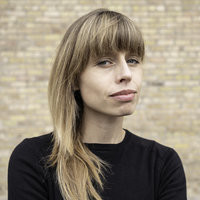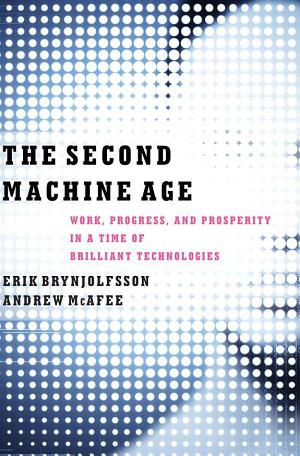How a Giant Weapons Maker Became the New Big Brother
Lockheed Martin is the largest government contractor in history. They train TSA workers and Guantanamo interrogators. Every American household pays them around $260 per year in taxes. The new military industrial complex is a single company.





